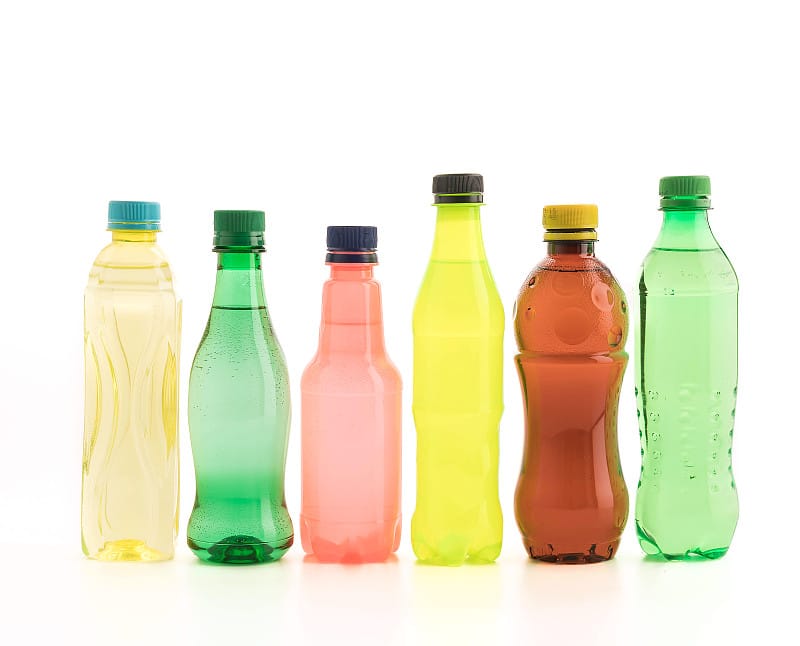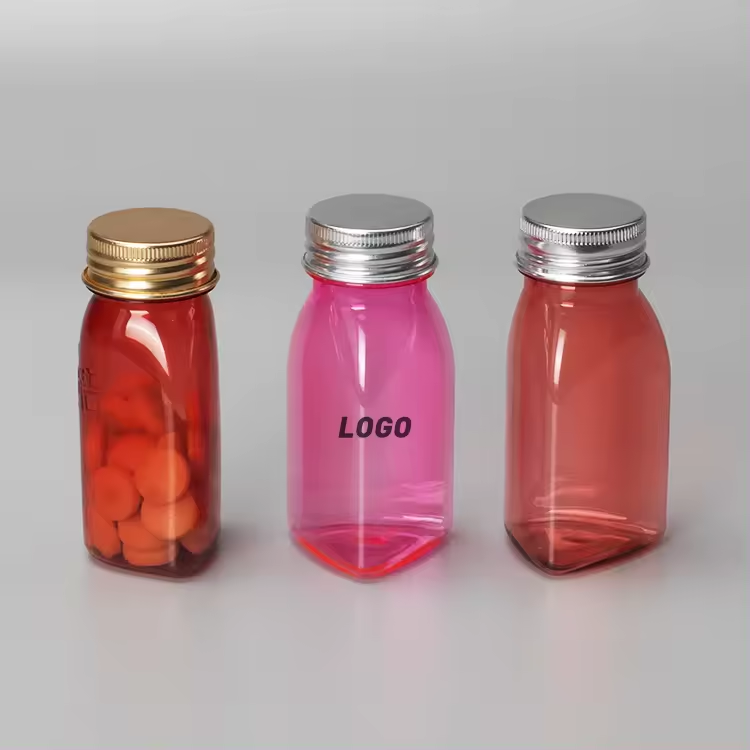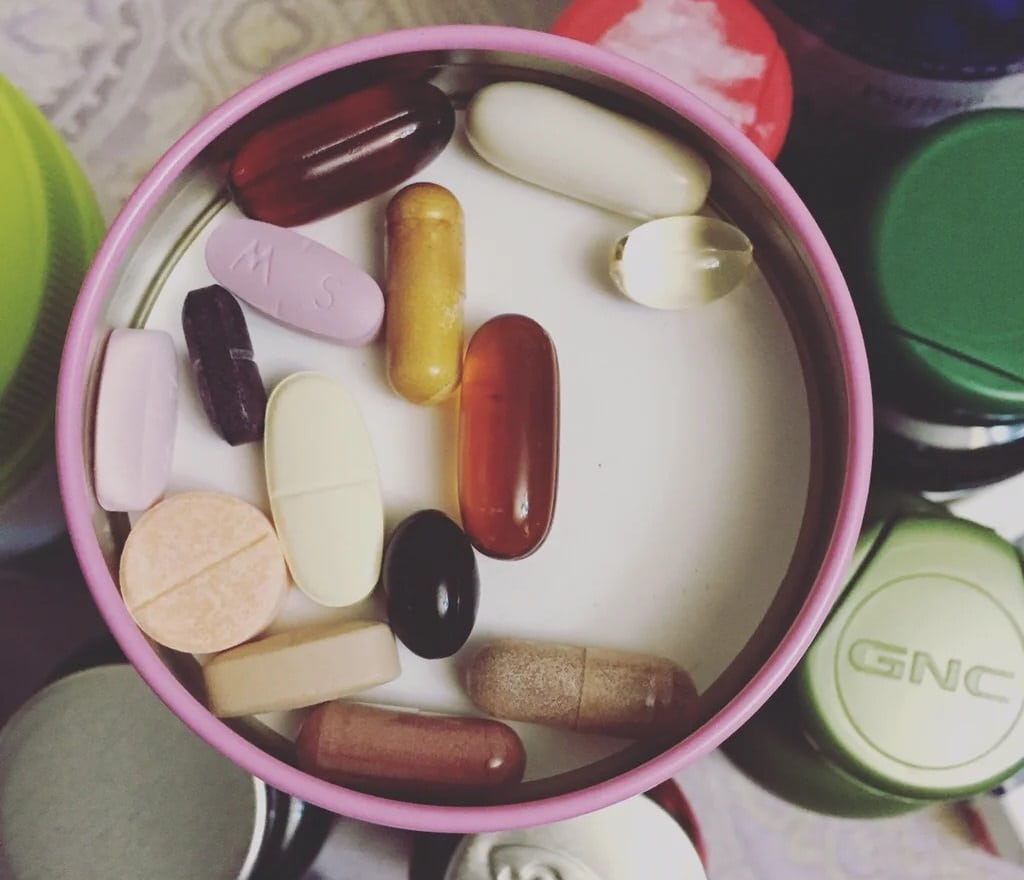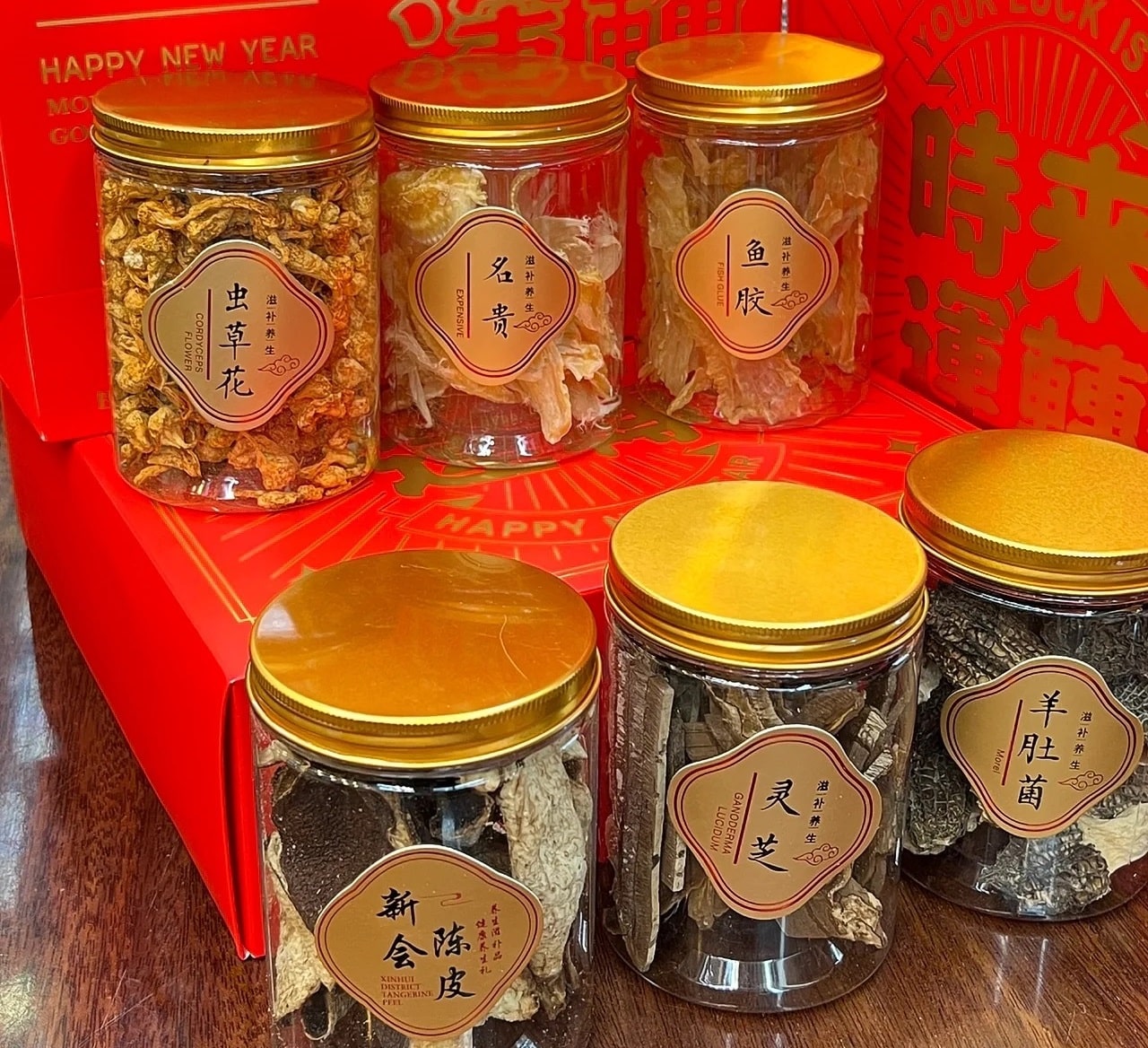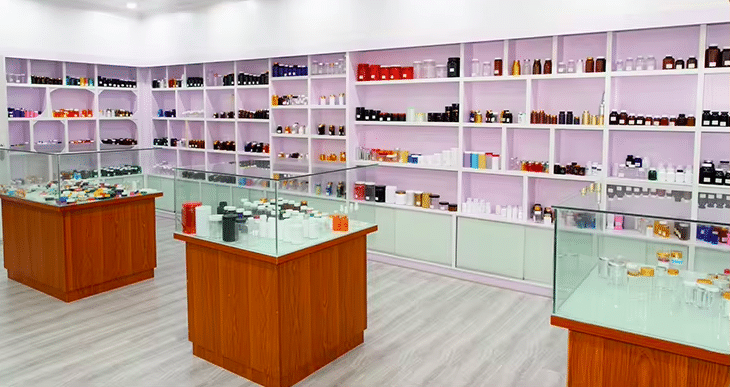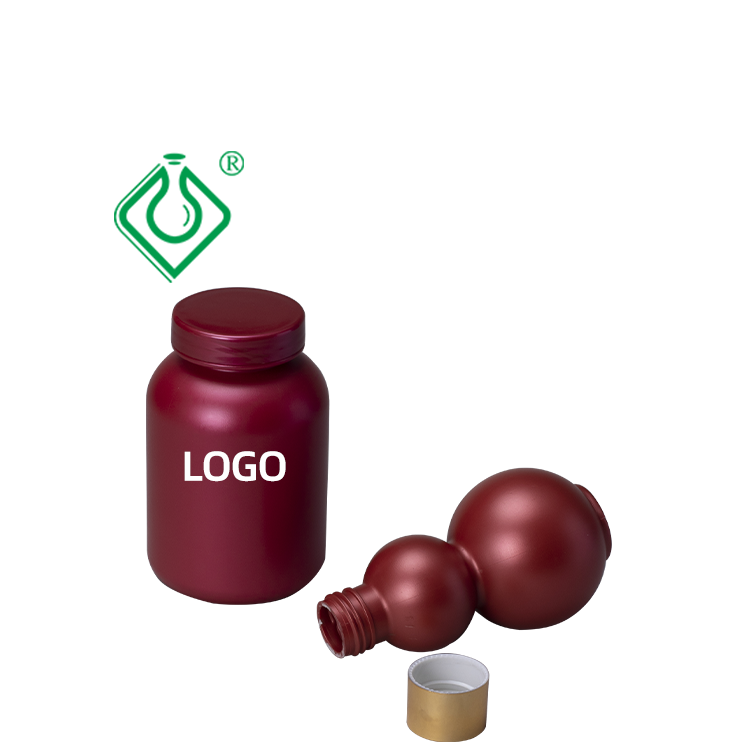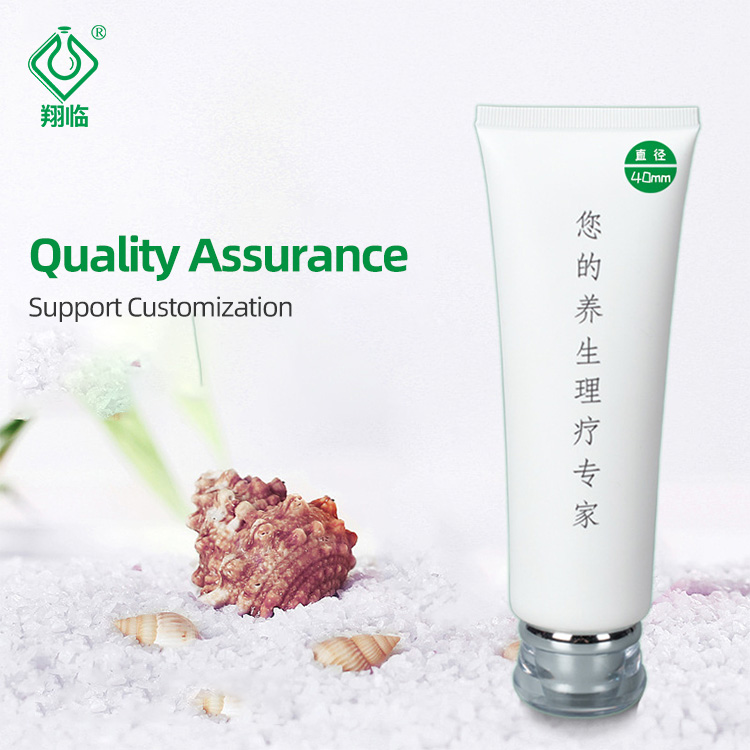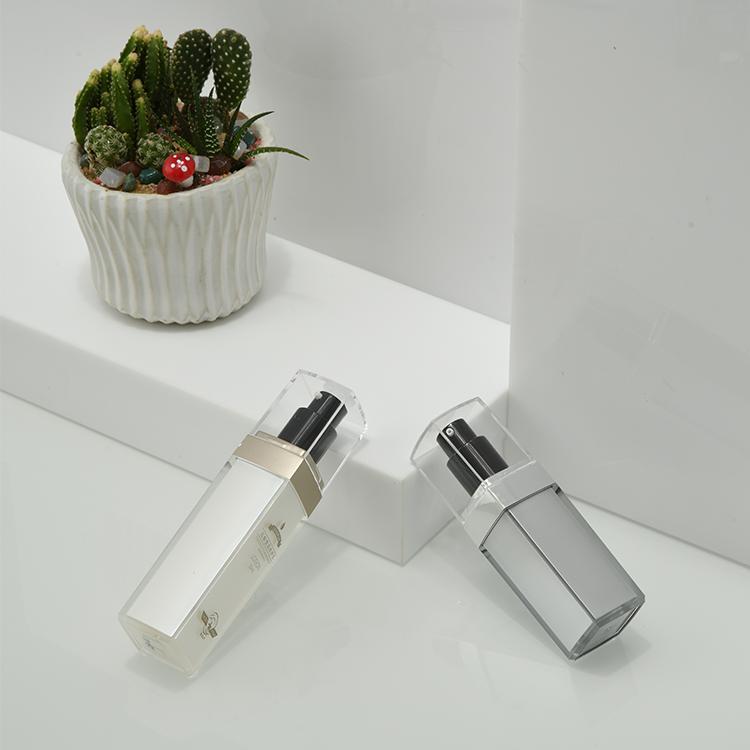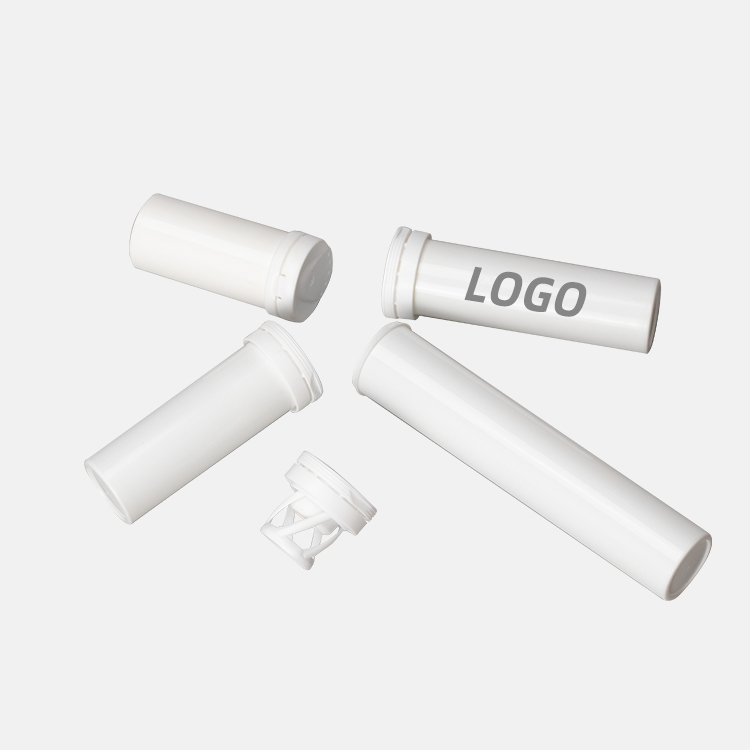As the supplement industry evolves in 2024, the need for effective, functional, and sustainable packaging grows. For manufacturers, packaging isn’t merely a vessel—it’s a strategic tool to convey brand identity, ensure product integrity, and appeal to eco-conscious consumers. This guide explores key considerations for selecting supplement packaging bottles, focusing on material, shape, and functionality.
Material Selection: Choosing the Right Material for Supplement Bottles
Selecting the ideal material is crucial for preserving product quality, meeting industry regulations, and aligning with brand values. Here are three popular options:
-
PET (Polyethylene Terephthalate)
PET remains one of the most popular materials for supplement packaging due to its lightweight nature and recyclability. This food-grade plastic offers an excellent barrier against moisture, preserving the potency of capsules and tablets. Additionally, its transparency can enhance product appeal by allowing customers to view the contents. -
HDPE (High-Density Polyethylene)
HDPE is another popular choice among supplement manufacturers for its durability, chemical resistance, and relatively low cost. It’s commonly used for powder supplements and tablets due to its ability to withstand impact, protecting contents during transit. Like PET, HDPE is recyclable, making it a good choice for eco-conscious brands. -
Glass
Glass is an ideal material for high-end brands targeting premium segments. Glass is non-reactive, offering excellent product preservation, especially for liquid supplements. It’s also 100% recyclable, enhancing brand appeal to environmentally minded consumers. However, it’s heavier than plastic, which can increase shipping costs and risk of breakage.
Shape and Size: Enhancing Aesthetics and Usability
Packaging shape and size impact not only the bottle’s shelf presence but also its functionality. Manufacturers can consider these common bottle shapes based on their needs:
-
Round Bottles
Round bottles are the industry standard due to their practical shape, ease of handling, and maximized storage capacity. They are ideal for all types of supplements, including capsules, powders, and tablets. Their familiar look and feel also resonate well with consumers who value simplicity. -
Square and Rectangular Bottles
Square bottles make a bold impression and provide a larger surface area for labels, which is useful for displaying product information clearly. They are compact, allowing for efficient stacking and storage. This unique shape can set brands apart on crowded shelves, appealing to those seeking a modern aesthetic. -
Custom Shapes
For brands aiming to create a distinctive look, custom bottle shapes are a powerful branding tool. However, custom designs may require additional investment in production and logistics. They are ideal for companies prioritizing brand identity and unique presentation.
Functionality: Meeting Consumer Needs with Practical Features
Supplement packaging bottles must balance aesthetics with functionality, catering to consumers’ needs for safety, convenience, and durability. Some essential features include:
-
Child-Resistant and Senior-Friendly Caps
Child-resistant caps are essential for products that may be attractive to children, such as gummies or flavored supplements. Meanwhile, easy-to-open, senior-friendly caps are crucial for older consumers. These caps cater to specific customer demographics, enhancing product safety and accessibility. -
Tamper-Evident Seals
Tamper-evident seals provide visible assurance that the product has not been opened before purchase. This feature is particularly important for online sales, where customers can’t examine products physically before buying. Adding tamper-evident seals fosters trust and enhances the brand’s reputation. -
Moisture and UV Protection
For products sensitive to moisture and light, specialized bottles with UV filters or moisture-control liners can help preserve potency and efficacy. This protection is particularly useful for probiotics, vitamins, and other sensitive supplements that require consistent storage conditions.
Q&A: Common Questions about Supplement Packaging Bottles
Q1: How can sustainable packaging impact brand perception?
Sustainable packaging can positively impact a brand’s image, aligning it with the values of eco-conscious consumers. Many customers today prefer products with minimal environmental impact, so using recyclable or biodegradable materials can enhance brand loyalty and even justify premium pricing.
Q2: What certifications should manufacturers consider for supplement packaging materials?
Manufacturers should ensure that packaging materials meet industry standards such as FDA or EU regulations, especially for food-grade plastics like PET and HDPE. These certifications not only ensure safety but also help in building customer trust, as compliance with health standards is critical in the supplement industry.
Q3: What are the cost implications of using glass versus plastic bottles?
Glass bottles tend to cost more in terms of both production and shipping, as they are heavier and require more protection. However, for premium brands or products, the visual appeal and perceived value of glass may outweigh the additional costs. Plastic bottles, while generally more economical, offer flexibility in shapes and sizes and are well-suited for a broad range of supplements.
Conclusion
In 2024, supplement manufacturers have a wide array of options when it comes to packaging bottles. Each choice—whether it’s PET for cost-effective durability, glass for premium appeal, or custom shapes for brand differentiation—impacts how consumers perceive and experience a product. By focusing on materials, shape, and functionality, brands can enhance product safety, stand out in the market, and appeal to an increasingly eco-conscious audience. For manufacturers aiming to strengthen their market position, selecting the right supplement packaging bottle is a strategic decision that can influence both brand loyalty and customer satisfaction.


